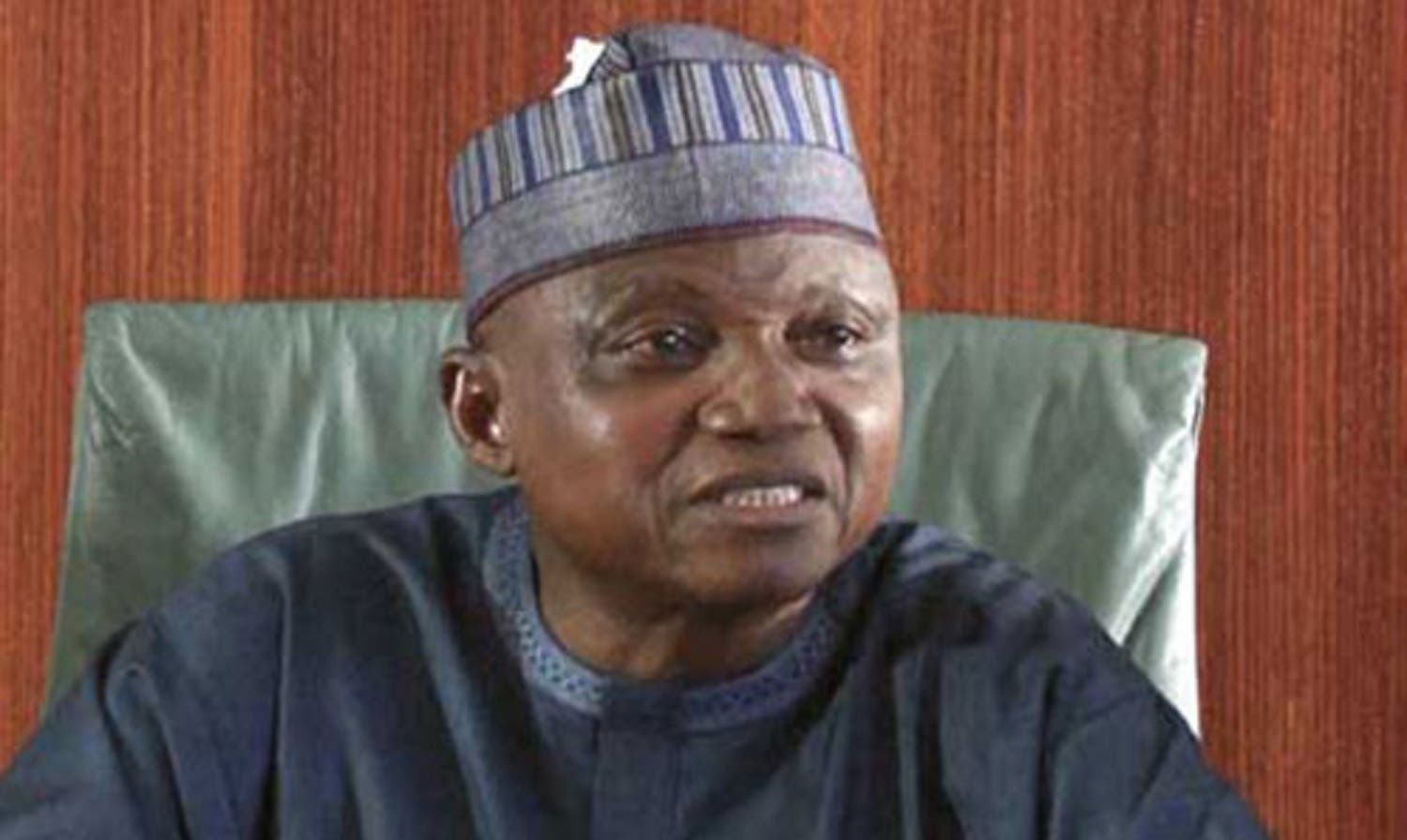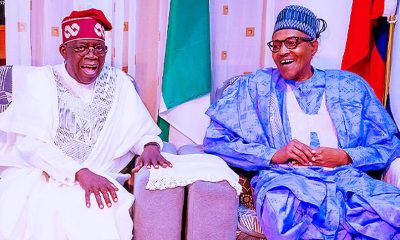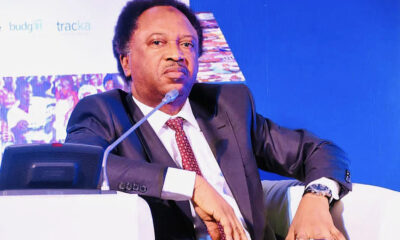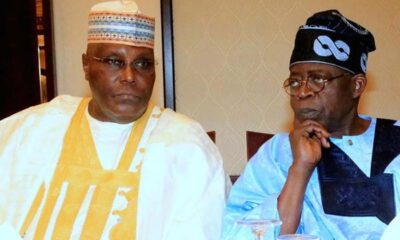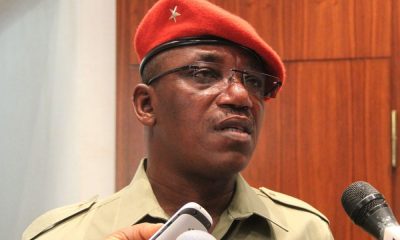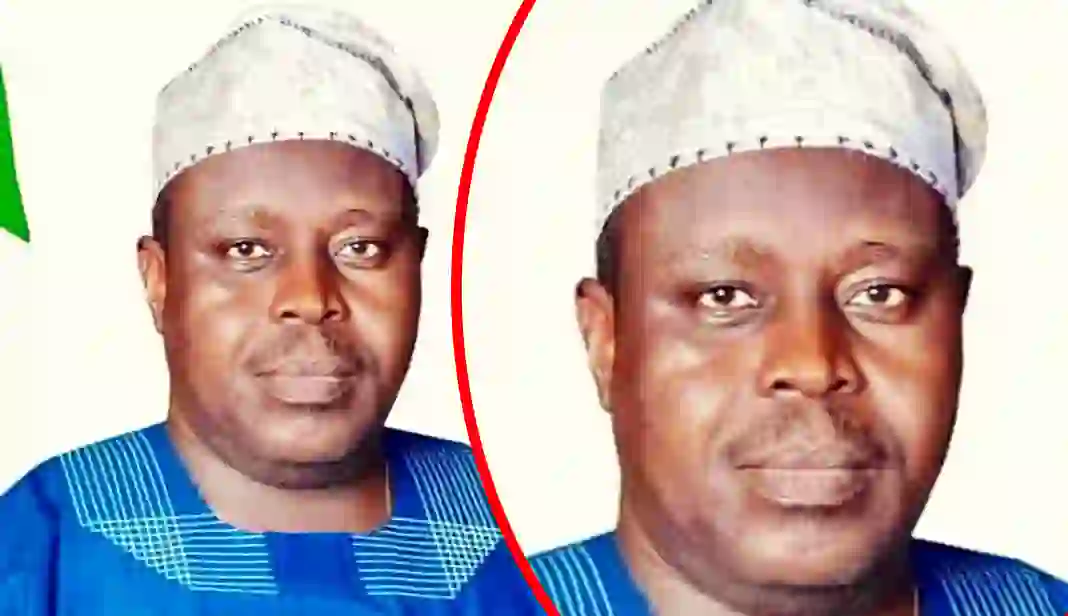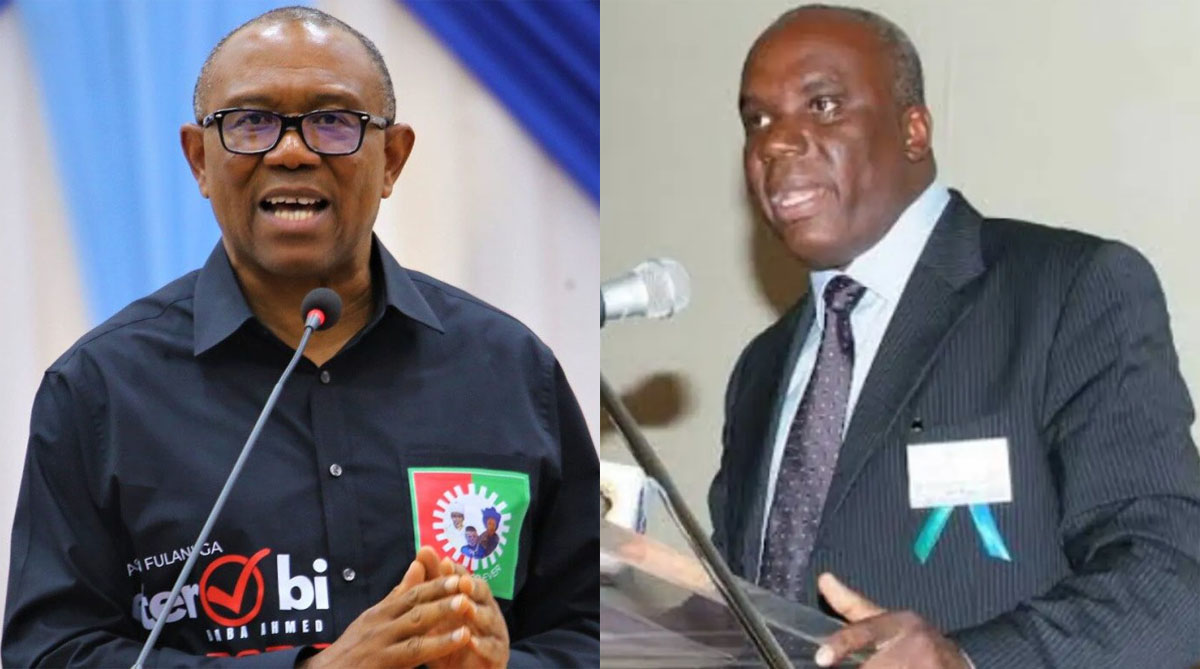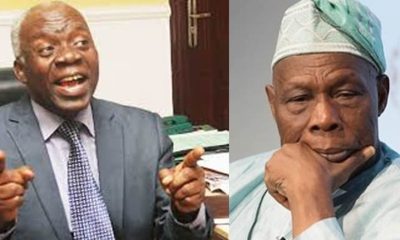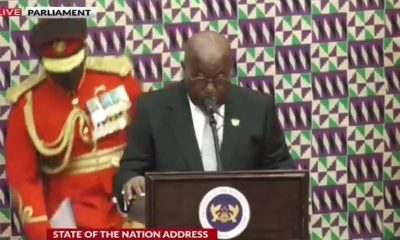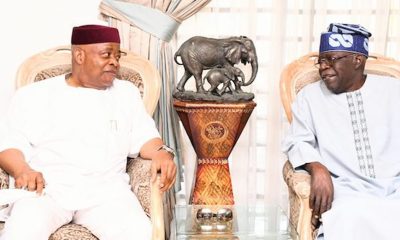In a statement, Morka put a lie to Obi’s claims.
He noted that Obi’s assessment was at variance with all indicators that showed that the nation’s economy is rebounding in significant measure across all sectors.
Dismissing Obi’s claims, Morka said: “While Nigerians celebrated the New Year with hope for a more glorious 2025, Peter Obi, former Governor of Anambra State and former presidential candidate of the Labour Party (LP) in the 2023 general elections, was seemingly stuck in replay of his jangling, gloom-ridden wish-list for our country.
“Obi’s new year message, in which he claimed that the political, economic and security situation of our dear country is worsening daily, is misleading and appears intended to score cheap political points.
READ ALSO:
- Female-led phone thieves smashed in Kano, 5 suspects arrested
- How tax reform will boost workers’ welfare, by FG
- 7 die, 31 injured in Gombe road accident
“This claim, at a time when all indicators show that our country is rebounding in significant measure across all sectors, casts Obi, squarely, as Nigeria’s leading doomsayer.”
Morka, who reeled out the achievements of the APC-led administration, said: “In reality, 18 months later, the economy under President Bola Ahmed Tinubu’s administration, has showed steady record of progress.”
He listed the landmarks as:
The ruling party further argued: “Despite these and other initial beneficial outcomes of ongoing unprecedented reforms, the administration is doubling its effort to ensuring that the reforms deliver their fullest benefits for the sustainable growth and transformation of our country.”
The ruling party said that the Presidential New Year message acknowledged that the “cost of food and essential drugs remained a significant concern for many Nigerian households. And to reverse this trend, Mr. President assured that his administration was committed to lowering food prices by boosting food production and promoting local production of drugs.”
The party also highlighted Tinubu’s resolve to crash the current inflation rate from 34 per cent to 15 per cent in the course of this fiscal year as a move to addressing the threat inflation poses to the country’s economy.
The statement further reads: “With the vigour in the administration’s war on corruption, evidenced by ongoing investigations and trial of well-heeled Nigerians, Obi’s pontification on the urgent need to tame corruption is a clear case of carrying coal to Newcastle.”
Faulting Obi, the party said: “It is a thing of irony that Peter Obi, who now arrogates to himself to be omniscient and philosopher’s stone, when it comes to our nation’s challenges, left no record of significant achievement, let alone transformation of any kind, in his eight-year tenure as Governor of Anambra State.
“Like his co-travellers in the Peoples Democratic Party (PDP), Obi’s obsessive pessimism and endless but futile effort to incite public outrage against the administration is borne out of their realisation that President Tinubu is unwittingly cementing their ultimate political irrelevance by his visionary and full-throttle reform and transformation of the fundamental pillars of our national life.”
Appealing for citizens’ support and patience, the APC spokesman assured Nigerians that “under the banner of the Renewed Hope Agenda (RHA), President Tinubu is dutifully turning our nation’s fortunes around.

